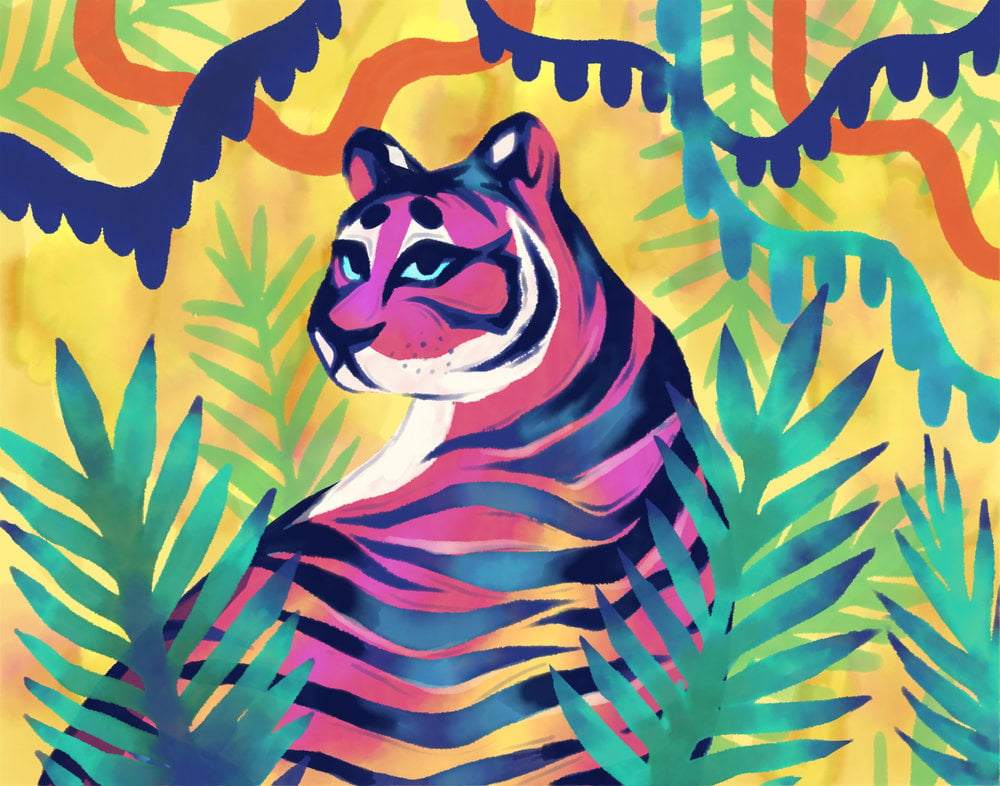


This is because getting really nice deformations with bones depends on having the optimal number of points and placement in your shapes.īut if the vector art is meant for backgrounds or props, the point number and placement really doesn't matter. IMO, it's best to use Moho's internal vector tools for any shapes you want to deform using bones, and to a lesser extent with meshes. A specific version of the AI format also works but I believe SVG is preferable by most Moho users. I don't know if this is available with Fresco but will check it this afternoon.

In general, if you're exporting vectors for Moho, you should use SVG format. I haven't used Fresco much yet but will check out the export in a bit.


 0 kommentar(er)
0 kommentar(er)
